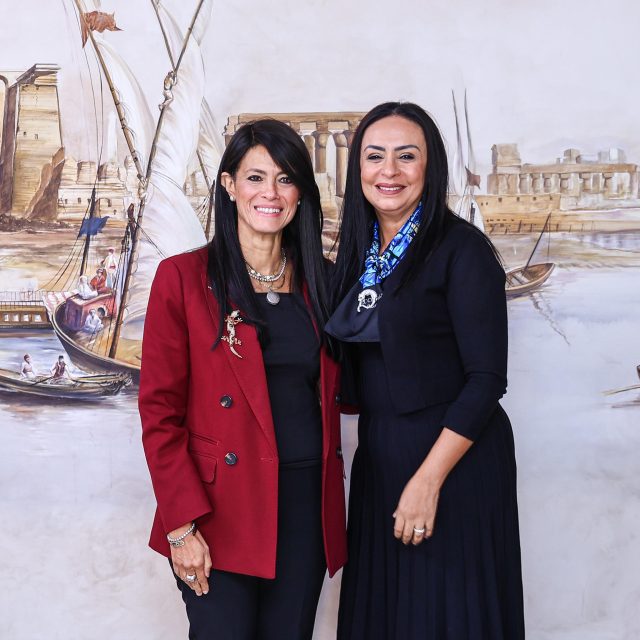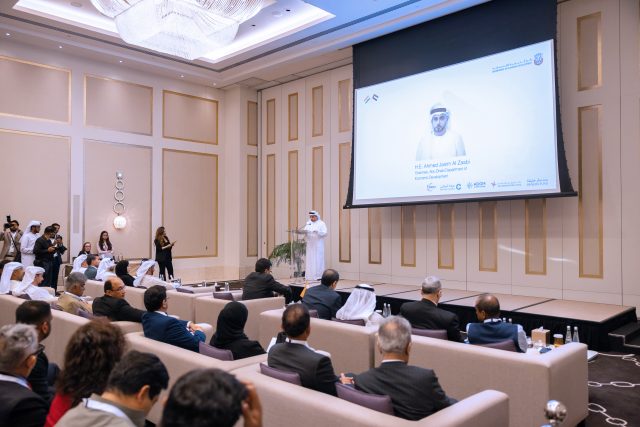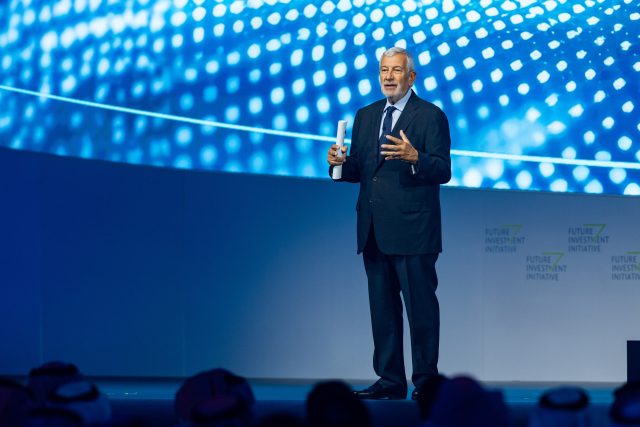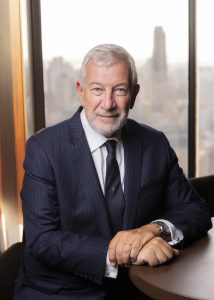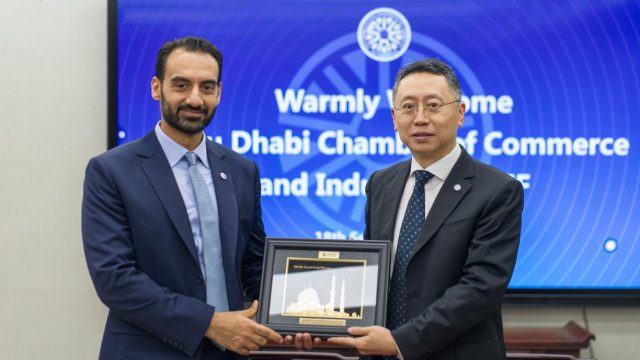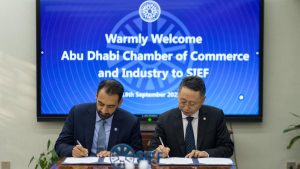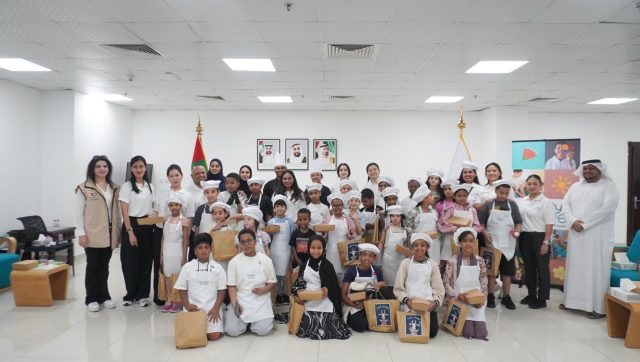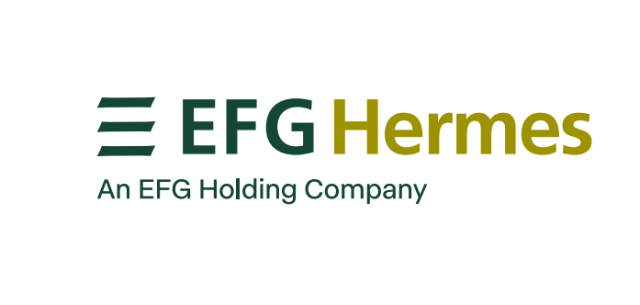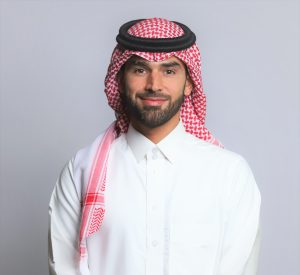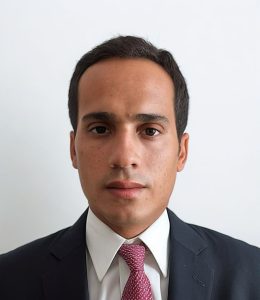Ministry of Planning, Economic Development, and International Cooperation
H.E. Dr. Rania Al-Mashat, Minister of Planning, Economic Development, and International Cooperation, received H.E. Dr. Maya Morsy, Minister of Social Solidarity, to discuss the Ministry of Social Solidarity’s investment plan for FY 2025/2026, as well as developments in launching Egypt’s Narrative for Economic Development: Reforms for Growth, Jobs & Resilience. The narrative serves as a comprehensive framework aligning the Government’s Program with Egypt’s Vision 2030.
Dr. Al-Mashat affirmed that the state attaches great importance to providing social protection and care programs for the most vulnerable groups. These programs, she explained, contribute to strengthening human capital through economic and social empowerment, which in turn increases productivity, enhances labor market participation, stimulates economic growth, and ensures sustainable development that benefits all citizens.
The meeting reviewed the Ministry of Social Solidarity’s approved investments for FY 2025/2026, which amount to approximately EGP 768.5 million, compared to EGP 455 million in FY 2024/2025, reflecting a growth rate of 75.5%.
The Minister outlined the plan’s priorities for FY 2025/2026, including: providing investments for projects nearing completion; prioritizing continuation projects, especially those with over 70% implementation; financing new priority projects in line with Presidential directives; advancing urgent initiatives and Phase II of the Decent Life program; and aligning investments with the State Ownership Policy Document.
The two ministers also reviewed financing gaps that need to be addressed, stressing the importance of integration and coordination between national and sectoral strategies. They emphasized the role of social protection and care in advancing sustainable development across its three dimensions—economic, social, and environmental.
In this context, Al-Mashat added that the Ministry of Planning, Economic Development and International Cooperation will, in the coming period, begin preparations for a new Economic and Social Development Plan. The plan will be framed within a Medium-Term Budget (2026/2027 – 2029/2030), covering the budget year and the three subsequent years, in order to unify the planning horizon. She also referred to the ‘Adaa’ system, which the Ministry is implementing to enhance the efficiency and effectiveness of the investment plan through the monitoring and evaluation of all administrative units, based on quantitative performance indicators.
She further referred to the launch of Egypt’s Narrative for Economic Development: Reforms for Growth, Jobs & Resilience, in line with directives from H.E. President Abdel Fattah El-Sisi and pursuant to State Planning Law No. 18 of 2022 and the Unified Public Finance Law No. 6 of 2022. These laws task the Ministry of Planning with developing an integrated planning system, setting national strategies, and linking them to macroeconomic policies at the national, regional, and sectoral levels.
The Minister added that the Narrative has been opened for public dialogue over the coming two months to incorporate feedback and recommendations. The outputs of the World Conference on Population, Health, and Human Development will also be integrated, reflecting the state’s prioritization of investment in human capital. The Ministry of Social Solidarity’s strategy will likewise be incorporated, highlighting government efforts in social protection and support for low-income groups.
For her part, H.E. Dr. Maya Morsy praised the Ministry of Planning’s leadership in launching the National Narrative and underscored the importance of cooperation between the two ministries in implementing social protection programs for vulnerable families.
Dr. Morsy stressed that the new strategic financial framework for economic empowerment reflects Egypt’s shift from traditional social protection to sustainable, inclusive models. This framework will unify national efforts and strengthen coordination among entities delivering financial inclusion and empowerment services. It will serve as an executive arm for economic empowerment packages, supporting Takaful and Karama families, and integrating capable beneficiaries into productive economic activities. Beneficiaries will gain access to financial products, including credit, insurance, savings, digital investment, and employment opportunities, alongside non-financial services, enabling families to graduate from the Takaful and Karama conditional cash transfer program.
She also highlighted the role of the Rural and Environmental Industries Support Fund, which the ministry seeks to transform into an integrated national platform linking financing with production and marketing. This platform will leverage rural comparative advantages, address market and service gaps, and implement innovative interventions that generate sustainable income for target families.
Dr. Morsy noted that the recently enacted Social Security Law No. 12 of 2025 strengthens social justice by institutionalizing financial support and establishing the Takaful and Karama Fund with clear financing sources. The law transforms Takaful and Karama into a legal entitlement rather than just a government program, building a stronger, more flexible safety net capable of addressing economic and social challenges while reinforcing long-term social stability.
She emphasized the central role of the Ministry of Social Solidarity in supporting Egyptian women, describing them as the cornerstone of family and society. Services dedicated to women include cash assistance, economic empowerment, healthcare, education, caregiving, rehabilitation, and counseling.
The Minister also discussed coordination efforts to support irregular workers, especially from vulnerable families. She stressed that digital transformation has been a priority, with the ministry building an advanced, integrated system that consolidates data on vulnerable families and individuals nationwide. This system, she said, enhances the inclusiveness of services for all family members through closer coordination with partner ministries and entities.
Dr. Morsy concluded by stressing that the ministry is committed to regular monitoring, evaluation, and updating of program and performance indicators, in line with the Government of Egypt’s Action Program.


